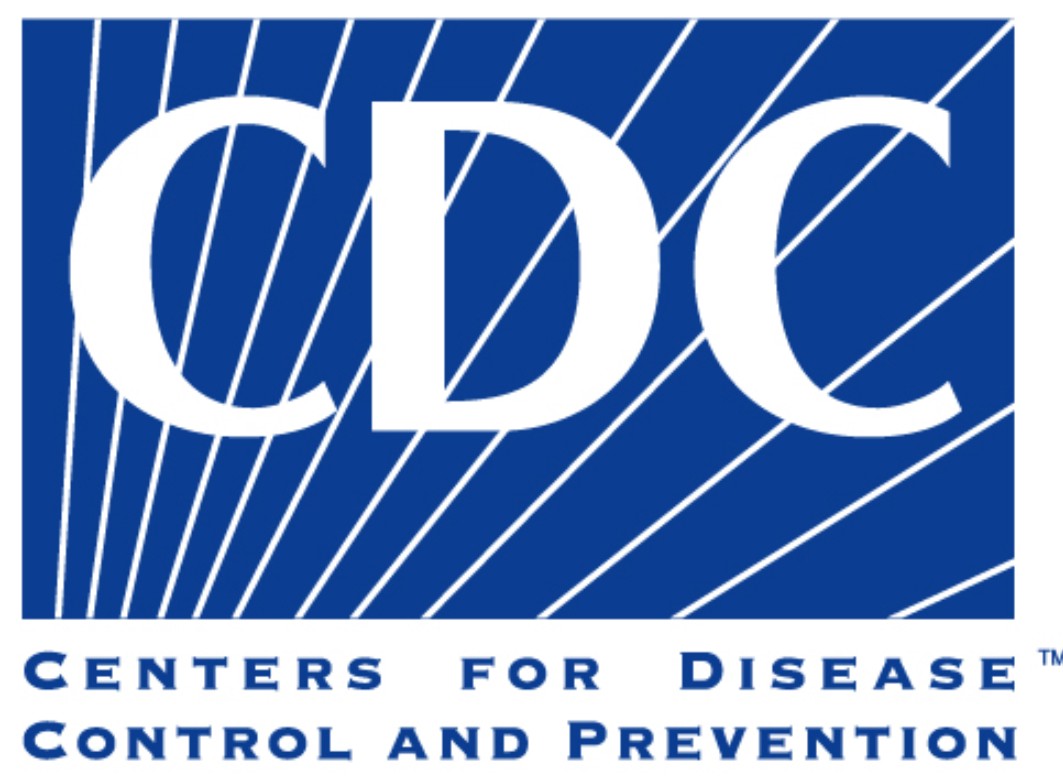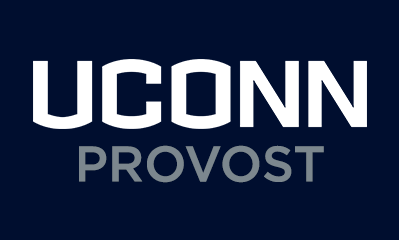Exploring Mindfulness as a Tool to Manage Stress and Build Strength: A Community Engaged Approach
Project Overview
Community violence is a public health issues that disproportionately impacts adolescents living in disinvested urban neighborhoods. Social media is an emerging context in which youth become involved in conflict that escalates to offline violence. Violence prevention efforts must address experiences of conflict on social media, given the prominent role this developmental context plays in the lives of modern youth.
Youth involvement in violence can arise from stressful experiences related to living in disinvested neighborhoods, including exposure to daily and intergenerational trauma, racism, police violence, and daily stressors. Mindfulness-based approaches promote strength building, stress-reducing skills with clear empirical support from neuroscience around processes associated with aggression, impulsivity, and unskillful responses. Mindfulness-based approaches also directly addresses malleable areas of change in youth resilience: executive functioning, self/emotional regulation, interpersonal skills. The majority of mindfulness interventions have been developed with White populations, and therefore reflect White culture. For mindfulness approaches to be effective, they must be developed in partnership with community members to reflect the existing strengths, values and needs of the specific population.
This CDC-funded project will develop a mindfulness curriculum for youth, in partnership with community stakeholders and a youth partner board, to increase the capacity to cope with stressful experiences and conflict online associated with offline violence. This research project is part of a K01 career development award to Dr. Caitlin Elsaesser, and is supported through training and a team of mentors and consultants.
Youth Action Board

We collaborate with a Youth Action Board in our research as co-researchers. Our youth action board helps to develop research questions, collect data, co-analyze data, and determine how to translate our findings into action. Throughout, our goal is to build youth capacity to work as co-researchers and to engage in action. Youth are recruited from the surrounding Hartford community, and are compensated with stipends for their time and expertise.
Dr. Kim Gans, Primary Mentor

Professor, Human Development & Family Sciences, UConn
Dr. Gans’ work focuses on interventions in community-based settings with diverse populations to improve eating habits, increase physical activity and prevent/control obesity. [Read more]
Dr. Maury Nation, Mentor

Professor, Human and Organizational Development, Peabody College of Education and Human Development Vanderbilt University
Dr. Nation’s research focuses on understanding and preventing violence and bullying among school-aged children. His community research is focused on understanding community and neighborhood qualities/characteristics that promote positive health and mental health outcomes. [Read more]
Dr. Bonnie Duran, Mentor
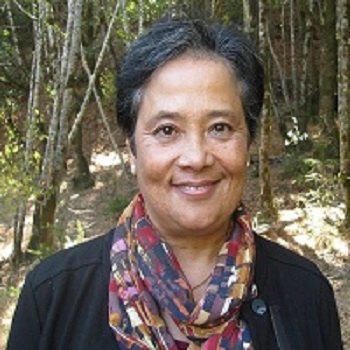
Professor in the Schools of Social Work and Public Health at the University of Washington, Seattle
Dr. Duran is a leading scholar in the area of community based participatory research for health. The overall aims of Dr. Duran’s research are to work in partnership with communities to design health access and prevention efforts that are empowering, culture-centered, accessible, sustainable and that have maximum public health impact. [Read more]
Dr. Sherry Pagoto, Mentor

Professor, UConn Department of Allied Health Sciences
Director, UConn Center for mHealth & Social Media
Dr. Pagoto’s research focuses on leveraging technology in the development and delivery of behavioral interventions targeting diet, physical activity, and cancer prevention. [Read more]
Dr. Jeffrey Proulx, Collaborator
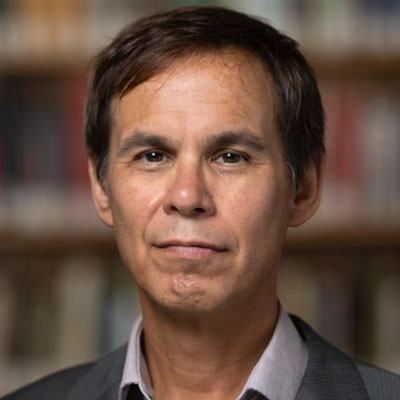
Assistant Professor of Behavioral and Social Sciences and Assistant Professor of Psychiatry and Human Behavior at Brown University
Dr. Proulx’s work focuses on the development of mindfulness programs in underserved communities and how these programs may be protective for health in those communities. [Read More]
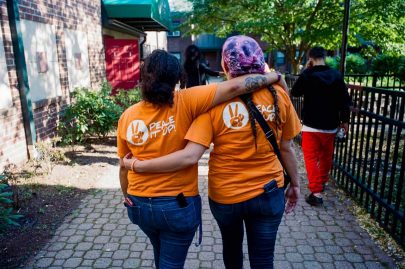
Community Partners
The UConn Youth Research Collaborative for Health works collectively with community partners, whose expertise and knowledge in their communities guide our research priorities and approach to designing health access and prevention initiatives.
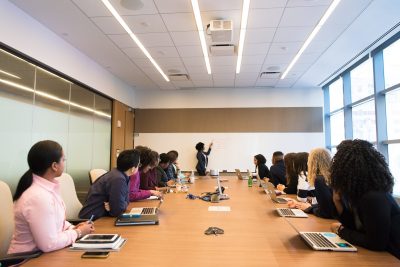
Publications & Presentations
For more information on the Social Media Conflict project, check out some of our resultant Publications & Presentations.
To read the latest from Youth CAN!, check out our blog.
CDC K-Award Funders
